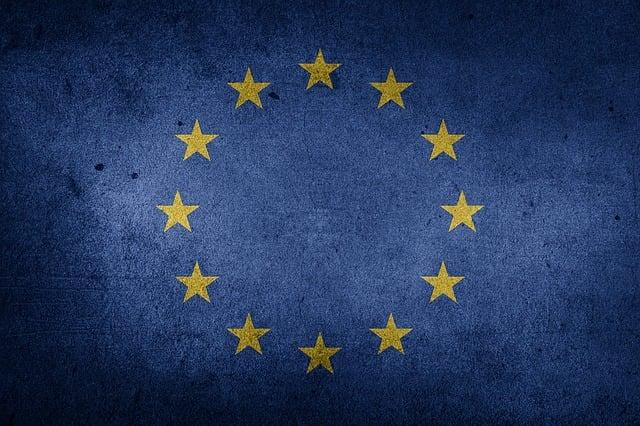It is deeply ironic for European leaders to criticize Donald Trump for allegedly undermining President Volodymyr Zelensky as he seeks to create space for negotiations — especially given their own failure to prevent Russia’s invasion of Ukraine in the first place. Ukraine’s pursuit of NATO membership, despite Russia’s explicit warnings, combined with the inability of President Joe Biden and European leaders to deter Vladimir Putin’s aggression, directly contributed to the war. By ignoring Putin’s repeated signals that NATO expansion posed a “threat” to Russia’s security, Ukraine took a gamble — one that ultimately failed, as the West proved too weak to deter him. Instead of condemning Trump for recognizing this reality and pushing for a negotiated peace, his efforts should be welcomed.
Trump’s Position: Acknowledging Reality
Despite claims to the contrary, President Trump has openly recognized Russia as the aggressor in the ongoing conflict with Ukraine. In a recent interview, he stated, “Russia attacked,” clearly acknowledging Moscow’s role in initiating hostilities. Unlike European leaders and many on the left in America, Trump also understands the sobering reality that achieving peace requires bringing both sides to the negotiating table — almost certainly involving Ukraine ceding some eastern territories. Although no one wants Putin to benefit from launching a brutal invasion against his neighbor and former Soviet satellite, the blame rests squarely on the Biden administration and the European Union’s failure to prevent the war during the eight months of Russian military buildup on Ukraine’s border. European leaders, so quick to criticize Trump for supposedly cozying up to Putin, should have considered the consequences of their collective weakness when they failed to act before the full-scale invasion began.
Expensive Stalemate
Despite the E.U. spending approximately $130 billion and the U.S. around $200 billion in military and financial aid, the war remains largely stagnant. As of February 2025, Russia controls roughly 20% of Ukraine’s territory, primarily in the south and east. Over the past month, Russian forces have gained an additional 130 square miles (about 336 square kilometers), advancing into areas like Pokrovsk. but at a staggering cost — over 420,000 Russian casualties in 2024 alone.
There is little reason to believe that in one year, or even three, Ukraine will reclaim its lost land through military action. So what is the rationale for indefinitely funding this war? The toll on human lives has been catastrophic, and the risk of escalation into a wider conflict — potentially between nuclear powers — only adds urgency to the need for diplomacy. This is the core premise of Trump’s position: pushing for negotiations now rather than prolonging a war that continues to drain resources and lives with no clear path to victory.
Pre-War Deterrence: A Missed Opportunity
Prior to the invasion, several deterrence strategies existed but were rejected by the West:
Big Talk, Little Action
European leaders now express strong rhetorical support for Ukraine, but their past inaction contributed to the crisis. Their continued failure to offer a realistic path toward peace beyond funding the war only prolongs the suffering.
Conclusion: A Preventable War, a Necessary Peace
The war in Ukraine is a stark reminder of the failures of weak Western deterrence and the complexities of international diplomacy. Although alternative strategies could have prevented this conflict, the current priority must be securing a just and lasting peace — one that, realistically, will require Ukraine to cede some territory, a painful but unavoidable price that Ukraine will pay for its and the greater West’s missteps along the way.
As the saying goes, “an ounce of prevention is worth a pound of cure.” Had European leaders and the Biden administration acted decisively before the invasion, this war might never have begun. Now, as the conflict drags on with mounting casualties and economic costs, a new approach is urgently needed.
Donald Trump remains the only leader advocating for a pragmatic resolution — one that acknowledges the realities on the ground and prioritizes stopping the bloodshed over prolonging an unwinnable war. While European leaders continue their posturing, Ukraine continues to suffer. Without decisive leadership, this war will persist, draining resources, lives, and global stability. The time for serious negotiations is now.

Image via Pixabay.
Source link

